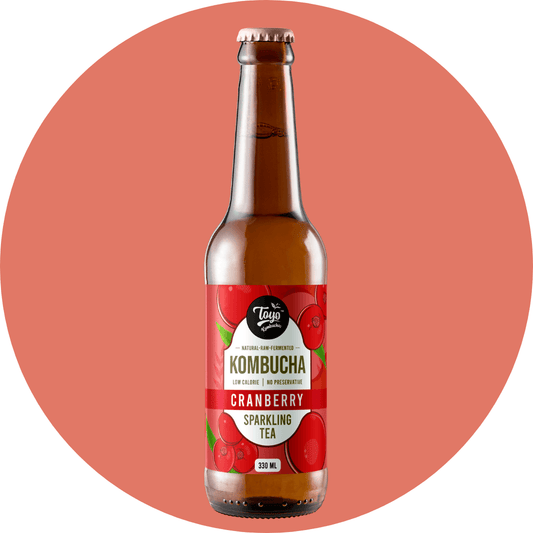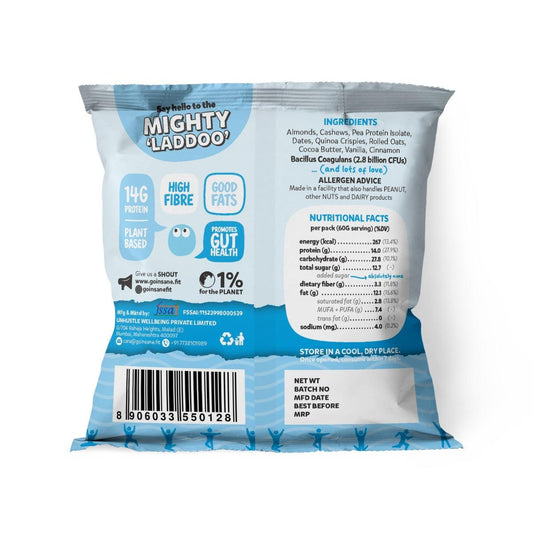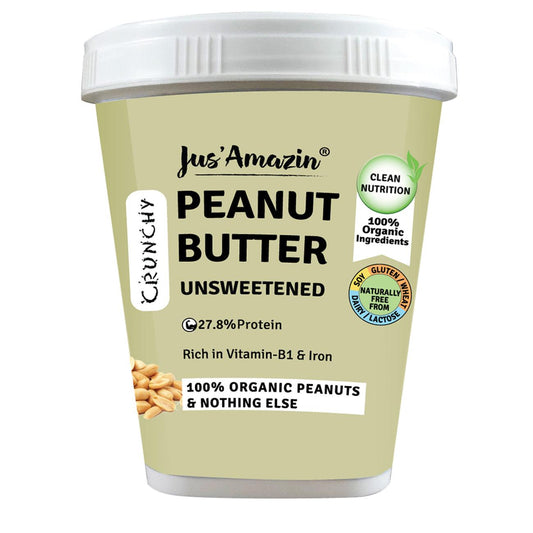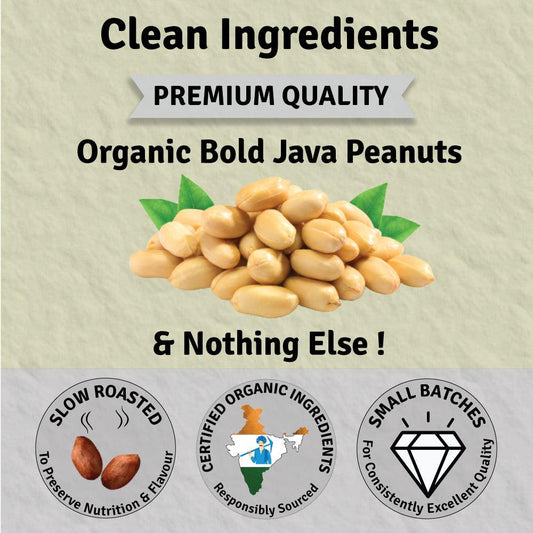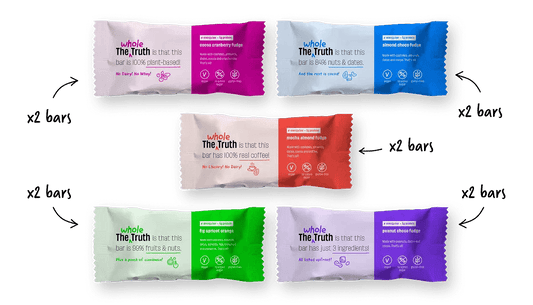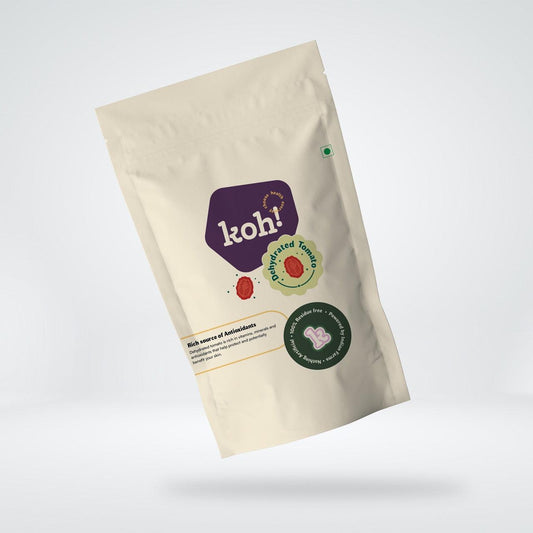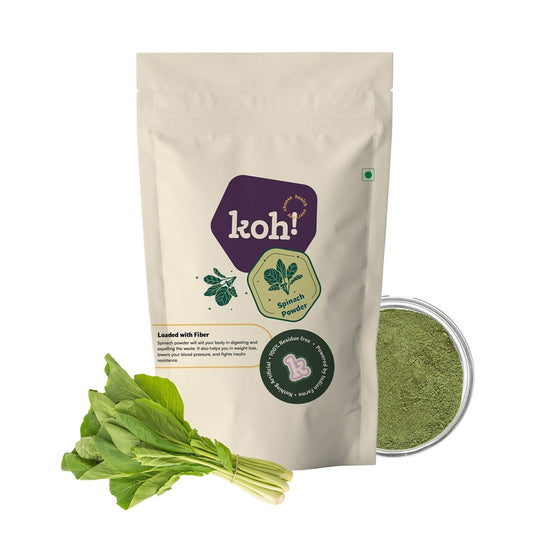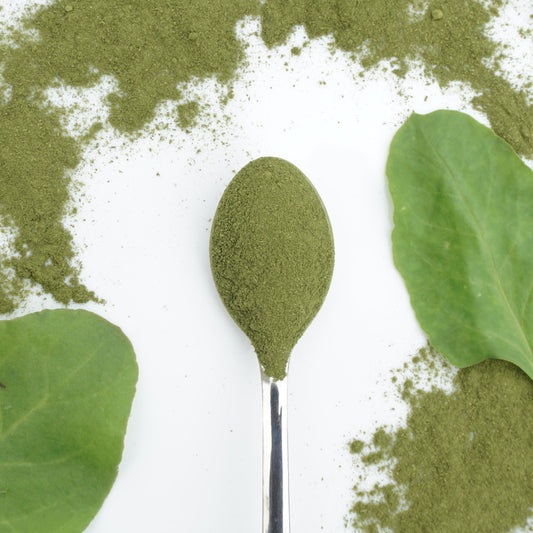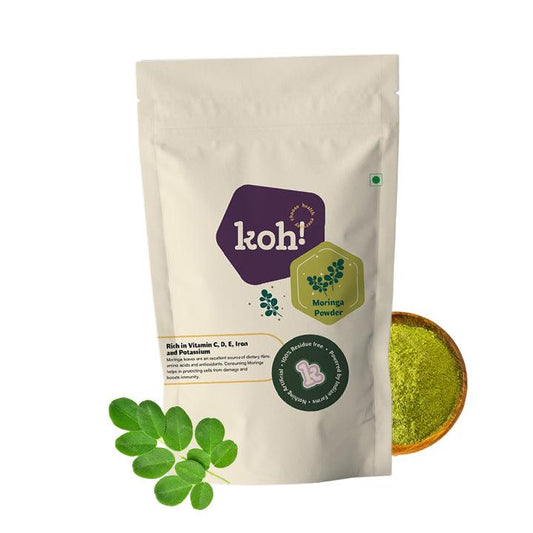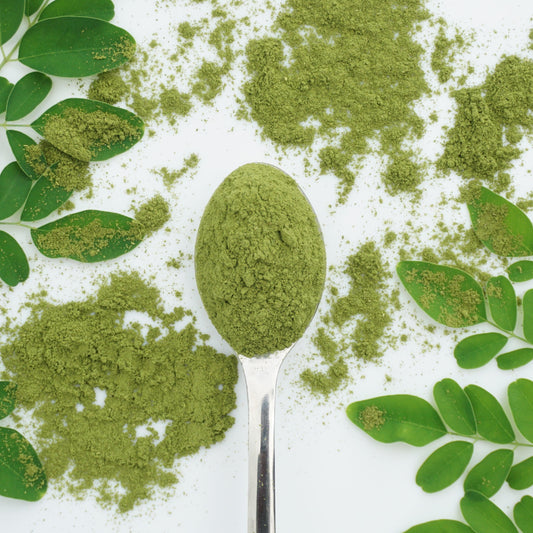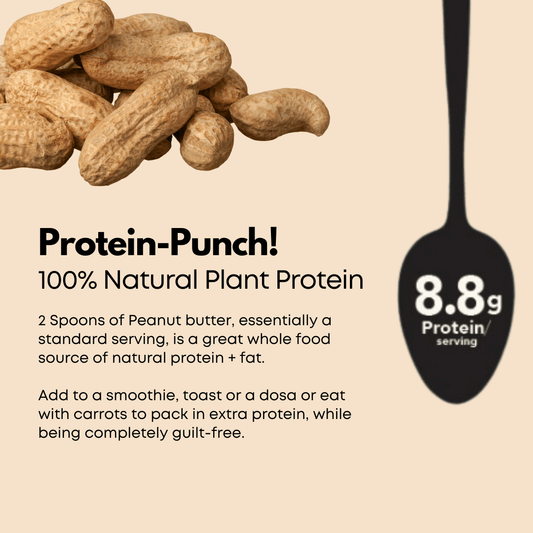Gut health refers to the well-being and proper functioning of the gastrointestinal tract, which includes the stomach, small intestine, and large intestine. An essential component of gut health is the gut microbiome, which refers to the diverse community of microorganisms residing in our digestive system. The gut microbiome consists of trillions of bacteria, viruses, fungi, and other microorganisms. These microbes play a crucial role in various aspects of our health, including digestion, nutrient absorption, immune function, and even mental well-being. The relationship between the gut microbiome and our overall health is complex and interconnected. The gut microbiome has a significant impact on our health. It helps break down food, produce certain vitamins, and metabolize substances that our bodies cannot digest on their own. It also plays a crucial role in regulating the immune system, preventing the overgrowth of harmful bacteria, and maintaining the integrity of the intestinal lining. When the gut microbiome becomes imbalanced or disrupted, it can lead to an unhealthy gut, which may manifest through various signs and symptoms. Some common signs of an unhealthy gut include: Digestive issues: These may include bloating, gas, diarrhea, constipation, or irritable bowel syndrome (IBS). Food intolerances: A compromised gut may have difficulty digesting certain foods, leading to intolerances or sensitivities. Weakened immune system: The gut microbiome interacts closely with the immune system, so an imbalance can result in frequent infections or allergies. Mood and mental health problems: There is emerging evidence linking the gut microbiome to mental health conditions like anxiety, depression, and even neurodevelopmental disorders. Several factors can contribute to an unhealthy gut. Some common causes include: Poor diet: A diet high in processed foods, added sugars, and low in fiber can negatively impact the diversity and balance of the gut microbiome. Chronic stress: Prolonged stress can disrupt the gut-brain axis and affect the composition of the gut microbiome. Antibiotic use: While antibiotics are often necessary to treat infections, they can also disrupt the gut microbiome by killing both harmful and beneficial bacteria. Lack of physical activity: Sedentary lifestyles can impair gut motility and reduce microbial diversity. Improving gut health is essential for overall well-being. Here are some strategies to promote a healthy gut: Eat a balanced diet: Consume a variety of whole foods, including fruits, vegetables, whole grains, lean proteins, and probiotic-rich foods like yogurt and fermented vegetables. Fiber-rich foods are particularly beneficial for promoting a healthy gut microbiome. Stay hydrated: Drink plenty of water to support digestion and maintain optimal gut function. Manage stress: Practice stress management techniques such as meditation, deep breathing exercises, or engaging in hobbies to reduce chronic stress levels. Get regular exercise: Physical activity helps stimulate gut motility and supports a diverse gut microbiome. Limit antibiotic use: Use antibiotics only when necessary and follow the prescribed course. Consider probiotic supplementation during and after antibiotic treatment to restore gut bacteria. Avoid unnecessary use of non-steroidal anti-inflammatory drugs (NSAIDs) and other medications that may harm the gut lining. Prioritize sleep: Aim for adequate sleep duration and quality, as sleep deprivation can negatively affect the gut microbiome. Consider probiotics and prebiotics: Probiotics are beneficial bacteria that can be consumed through supplements or certain foods, while prebiotics are dietary fibers that nourish the gut bacteria. Incorporating these into your diet may help support a healthy gut microbiome.




